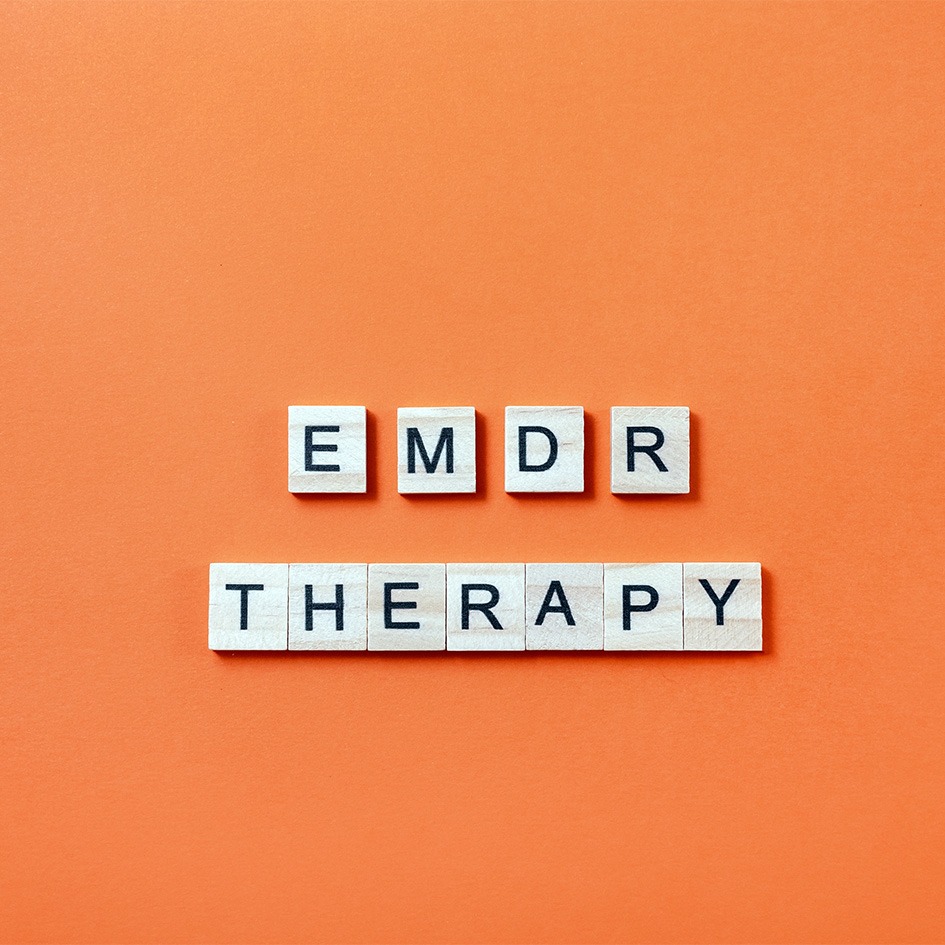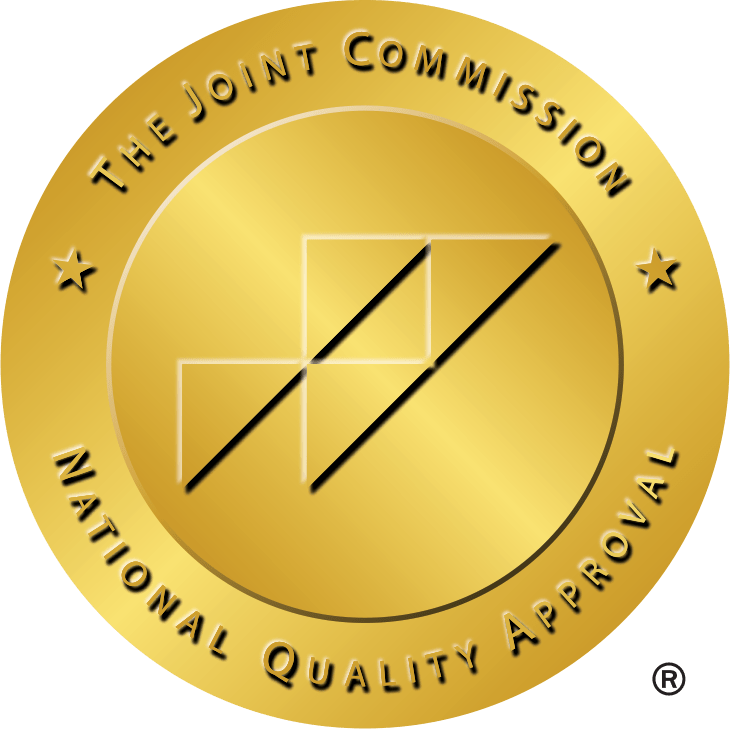Experiential therapy is a fantastic way for an individual to use different means to recreate a moment in their life.
Experiential therapy is a fantastic way for an individual to use different means to recreate a moment in their life.
Experiential therapy encompasses a therapeutic approach where patients utilize expressive tools, activities, and various techniques to recreate or reenact specific situations from their past and present lives.
Through role-playing, props, music, or art, individuals engage in this therapy to gain a deeper understanding of their thoughts and emotions that have influenced and continue to impact their achievements, disappointments, responsibilities, and self-esteem.
By partaking in experiential therapy, patients can analyze and release negative thoughts and emotions that may be connected to certain memories or situations, whether consciously or subconsciously.
Additionally, this form of therapy equips clients with healthy coping mechanisms, providing them with valuable skills to navigate life beyond their addiction treatment.

Benefits of Experiential Therapy
Experiential therapy proves to be beneficial in addressing a range of issues such as trauma, behavioral disorders, intense anger, eating disorders, grief, drug addiction, and compulsive behaviors.
This therapeutic approach enables individuals to effectively cope with past traumas and distressing memories.
Moreover, it assists those seeking to transform their present and future relationships with others.
The advantages of experiential therapy vary from person to person, yet commonly include the ability to release negative emotions and develop healthy mechanisms for managing painful memories, as well as the associated feelings of guilt and shame.
Experiential therapy can be used to treat a wide variety of disorders. These include:
- Addiction
- Dual diagnosis
- Trauma
- Family conflict
- Eating disorders
- Adolescent behavioral problems
This kind of therapy is typically employed in clinical, medical, and individual psychology practices as an effective therapeutic approach.
While its primary application lies within these settings, it can also be integrated into rehabilitation programs alongside other talk therapy treatments like cognitive-behavioral therapy or dialectical behavioral therapy on occasion.
This multidimensional approach allows for a comprehensive and tailored treatment plan to address the specific needs of individuals seeking therapy.
How It Works and Different Types
Experiential therapy is built on the premise that our perception shapes our behavior. It operates by guiding patients to relive and re-experience their suppressed negative thoughts and emotions from the past. By revisiting these experiences, individuals can cultivate positive emotions such as forgiveness, love, and peace in their present lives. The focus lies in transforming one’s perception of reality rather than solely dwelling on past negative events and memories.
At the start of therapy, clients are assigned tasks that may initially appear unrelated to their recovery or the therapy itself. While engaged in these activities, clients are encouraged to express their thoughts and emotions. This process enables them to become aware of emotions that their body or mind had previously concealed, often stemming from past traumas. The therapist actively observes and points out significant details of the ongoing activity.
For instance, during an art therapy session, a client might be instructed to draw a picture of their parents. As the drawing takes shape, the therapist carefully highlights specific elements. If the portrayal of the parents appears imposing or threatening, the client is prompted to explore the reasons behind this depiction. Through open discussion, the client gains further insight into the emotions and experiences that influenced their representation of their parents.
Now, here are some different forms of experiential therapy:

EQUINE THERAPY
Equine therapy involves patient interaction with horses through activities such as feeding, grooming, haltering, and leading them. By observing behavior patterns and discussing thoughts and emotions with an on-site mental health professional, individuals can gain insights into their own emotional well-being.
PSYCHODRAMA
In psychodrama, patients engage in role-playing and group dynamics to bring awareness to emotional conflicts and concerns through action-based methods. This interactive approach helps individuals explore and address their inner struggles within a supportive group setting.
EYE MOVEMENT DESENSITIZATION AND REPROCESSING (EMDR)
EMDR involves patients visualizing traumatic events while the therapist guides them through different eye movements. This technique aims to alleviate negative emotions and distress associated with addiction and past traumas.
ART THERAPY
Art therapy utilizes non-verbal communication to allow individuals to express their thoughts and feelings through the artistic process. This creative outlet helps individuals work through distress and negative emotions associated with past experiences in a healthy and productive manner.
ADVENTURE THERAPY
Adventure therapy involves outdoor activities such as camping, biking, hiking, rock climbing, running, and white water rafting, among others. Typically conducted in a group setting, it facilitates improved communication skills, problem-solving abilities, personal responsibility, and trust-building among participants.
PLAY THERAPY
Primarily used for children, play therapy involves a therapist observing and examining a child’s emotions during playtime. It helps children cope with trauma and learn appropriate behaviors by providing a safe and supportive environment for emotional expression.
MUSIC THERAPY
In music therapy, patients engage in creating, moving to, singing along with, and listening to music to improve their mental, physical, and emotional well-being. Guided by a music therapist, individuals explore and learn coping mechanisms for emotions and thoughts related to various concerns, including mental health, trauma, and addiction.
Experiential therapy is one of the many forms of therapy available today. It may work well for you or your loved one, or it may not. Remember, whether it works right out of the gate or not, that doesn’t mean it’s the end of the world for your recovery. At Brooks Healing Center, we create a specifically tailored recovery program for all of our patients, and we’re always doing our best to find what works best for you.
But, it is up to you or your loved one to decide what is best for yourself, too. If you think experiential therapy works well, let one of our trained medical professionals know. If you think something else works better, then let them know! We’re here for you.
If you or a loved one is struggling with an addiction or disorder, call Brooks Healing Center today to speak with one of our medical professionals so we can start you on your path to recovery.




